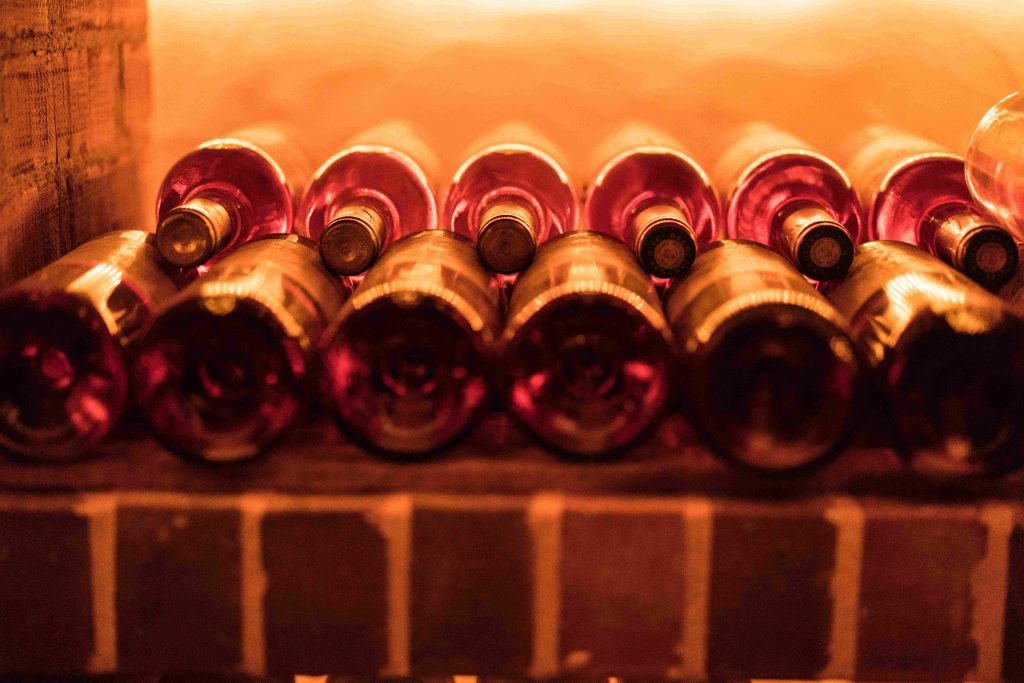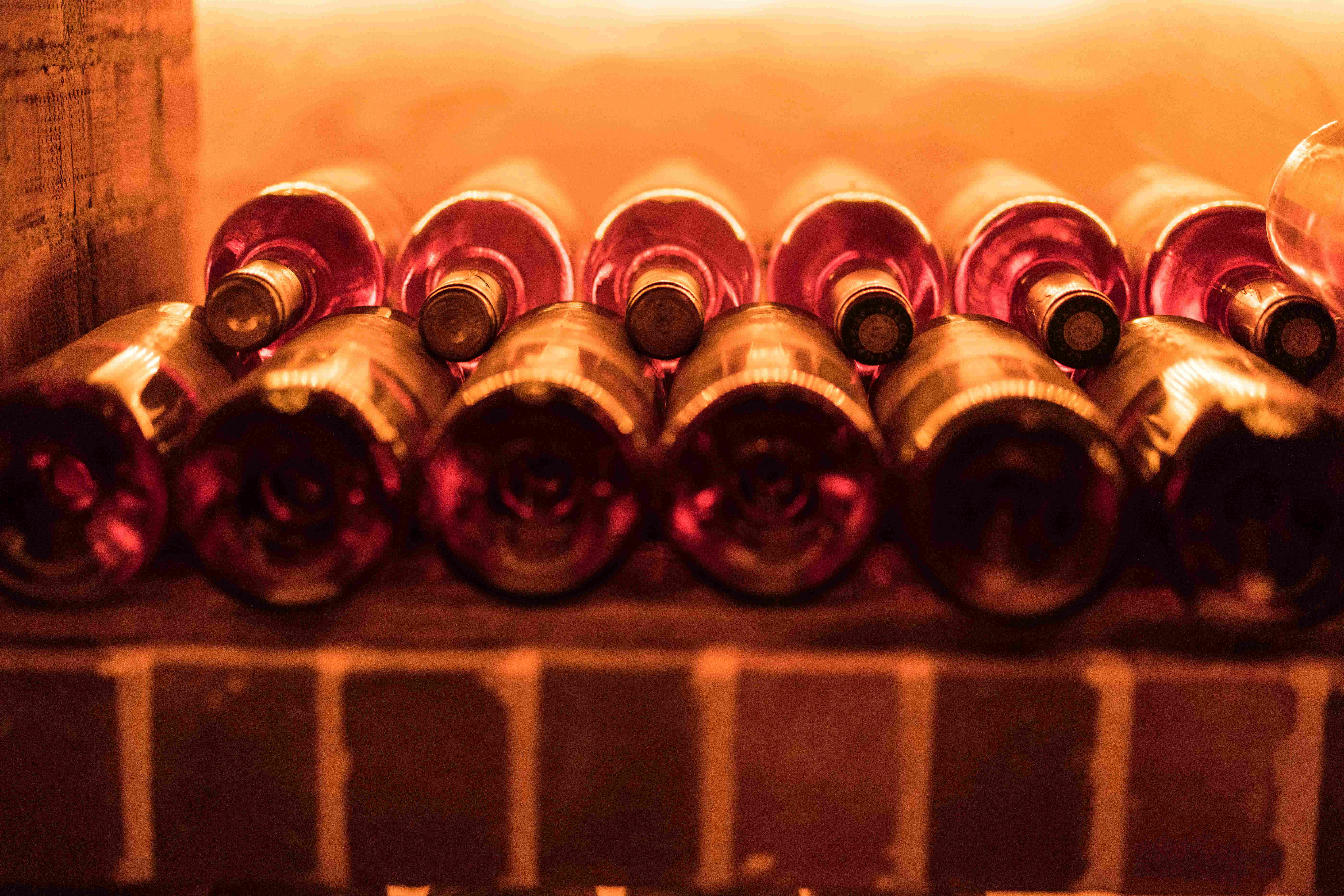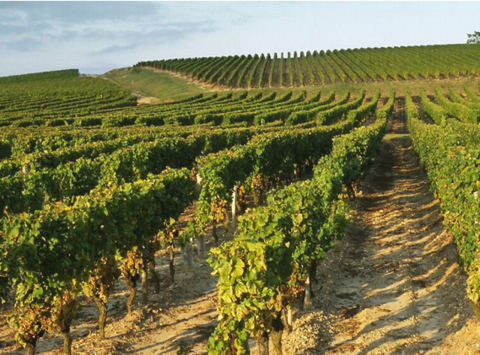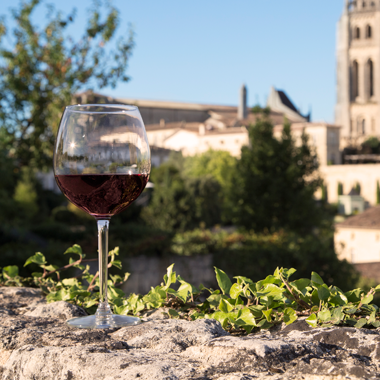The delicate art of storing and ageing wine
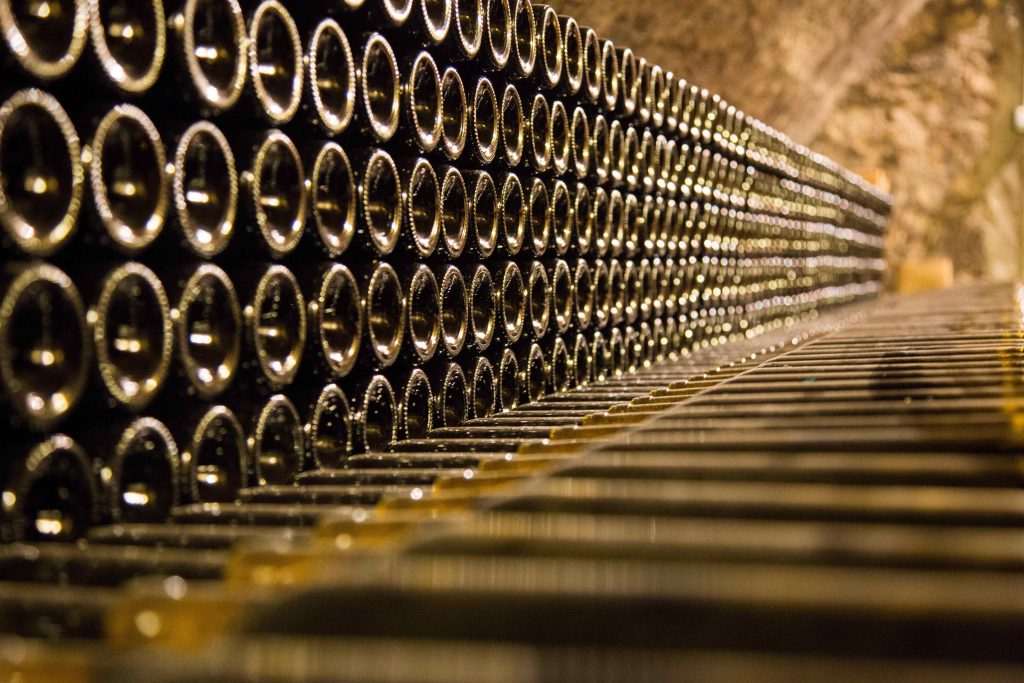
Winemaking is a delicate art – the grapes need to be lovingly nurtured, carefully picked and masterfully fermented to create that mysterious mix of flavours and aromas that we all know and love. Just as important is storage. That’s why fine wines need to be housed in purpose-built wine cellars to keep the precious vino at just the right temperature.
Cellars have been used for millennia to protect wine and other alcoholic beverages, and certain foods, from the potentially detrimental impact of light, heat and cold. But of course our focus is wine.
What type of wine cellar do you need?
Wine cellars need to be precisely monitored for temperature and humidity. Wine growers do this through either traditional cellars (passive cooling) or the more high-tech actively cooled cellars.
Passive cooling is what most people think of when they imagine a wine cellar: an underground cave or cave-like environment that’s naturally cool and damp (but not too damp) with very little temperature fluctuations. The ideal temperature for wine storage is around 12 degrees Celsius, but wine can usually be stored between 7-18 degrees without any undue negative effects.
Actively cooled wine cellars are more advanced. They’re well insulated and completely airtight, using expensive equipment to maintain regular temperature and humidity levels. An active wine cellar is only necessary if you’re a serious collector and live in less temperate climates.
Passive cellars may seem more unpredictable, but they’re cheaper to run and their low-tech nature means there’s little that can go wrong: a power cut won’t ruin your wine. In France, passive cellars have long been preferred by most winemakers and wine collectors, although the French are lucky to live in a climate where underground temperatures are ideal for wine storage.
How do you know if a wine will age well?
Wine is highly perishable; once it’s bottled and packaged it’s easy to forget that it is, after all, a natural product made from fruit. If left exposed to extremes of light, heat, or cold, any type of wine can begin to lose its taste or, eventually, spoil completely. The good news is that if you store it properly, wine will not only maintain its quality over a reasonable period of time but can – depending on the particular wine – significantly improve in terms of aroma, flavour, and complexity with age.
The vast majority of wines are meant to be drunk within the first year after they’re bottled – experts estimate that up to 99% of wines should ideally be consumed before they turn ten years old. That, of course, leaves just 1% of all wines produced worldwide that should be aged for a significant amount of time. So how do you know which wines will actually benefit from years spent in a cellar? The short answer: it’s complicated.
The ratio of sugars, acids, water and phenolics (chemical compounds, such as tannins, that affect the taste of the wine) is a key factor in the ageing potential of wine. The smaller the amount of water in grapes prior to harvest, the greater the chance that wine made from those grapes will have some ability to age well. However, the science of ageing wine is complex and other factors such as the particular varietal of grape, the year that it’s produced, and exactly how that particular wine is made can all affect its ageing potential.
Do reds age better than whites?
In simple terms, red wines tend to age better than whites, although certain sweet white wines such as Sauternes can age extremely well. The winemaking process for whites and rosés involves little to no contact with the skin of the grapes, resulting in far fewer phenolic compounds and therefore less potential for those wines to improve in quality over time. Even for red wines (whose production necessarily involves grape skin contact) particular grapes, such as the Cabernet Sauvignon found in many Bordeaux blends, tend to exhibit high levels of phenols and are therefore better suited to long ageing.
Another way to tell if a wine should be aged is price. Again, we’re generalising, but if a wine costs less than around £25 a bottle, it is most likely meant to be drunk within a few years. In conclusion, if you’re interested in buying old wines and want to know which ones are going to be a good investment (or simply good to drink), or if you’re beginning to collect wines and want to get serious about long term storage, our best advice is to talk to an expert.
